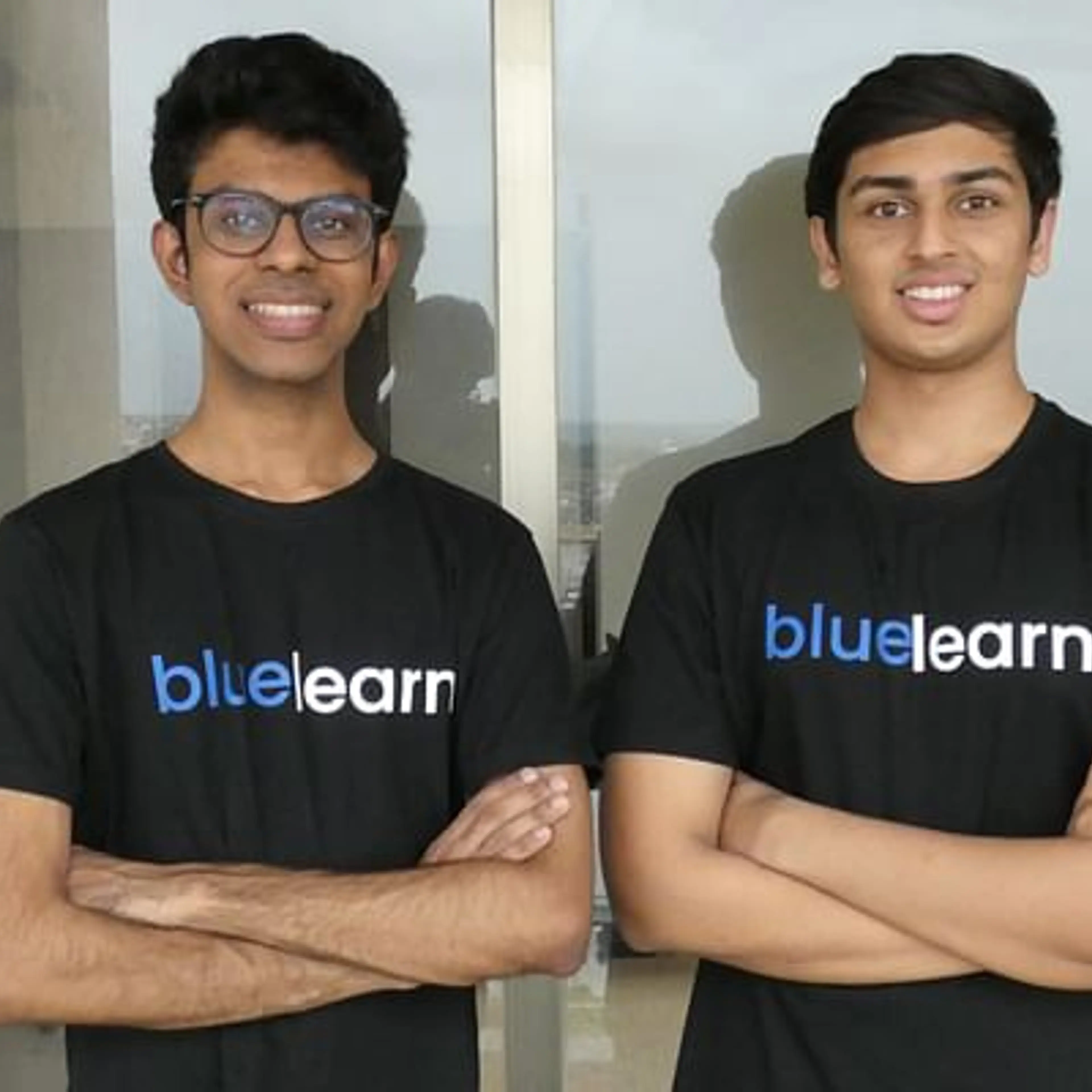Meet the Bengaluru scientists who have grown artificial liver tissues
Three senior scientists from Bengaluru – Arun Chandru, Dr Abdullah Chand, and Dr Sivarajan T – have successfully grown artificial tissues that perform functions of the human liver. These 3D printed living tissues made of human cells will reduce dependence on animal and human trials and enable affordable medical research. It also raises the hopes of development of full scale transplantable organs in near future.

The three scientists work for Pandorum Technologies, a Bengaluru-based biotech startup. In an interview with The Times of India, Arun Chandru, the 30-year-old co-founder of Pandorum said, “They perform functions like any other liver tissue and their response drugs and toxins are more realistic than current industry standards of 2D cell culture and animal models which are not human alike. Generally testing on animals may not get accurate results all the time. The tissue that we have developed has 10 million cells and can be primarily be used in medical research which is mainly to do with disease modelling and studying the radiation effects.”
Pandorum’s vision is to make personalised human organs such as lungs, liver, kidney and pancreas on demand. Their breakthrough research proves that they are heading in the right direction too. “We developed everything here in India. We can grow thousands of these tissues in the laboratory and test the efficacy of drugs on them for diseases including cancer,” Arun told The Hindu.
To stay updated with more positive news, please connect with us on Facebook.








![[Weekly funding roundup July 13-19] VC inflows continue to show modest rise](https://images.yourstory.com/cs/2/220356402d6d11e9aa979329348d4c3e/Weekly-funding-roundup-1670592545805.png?mode=crop&crop=faces&ar=1%3A1&format=auto&w=3840&q=75)


